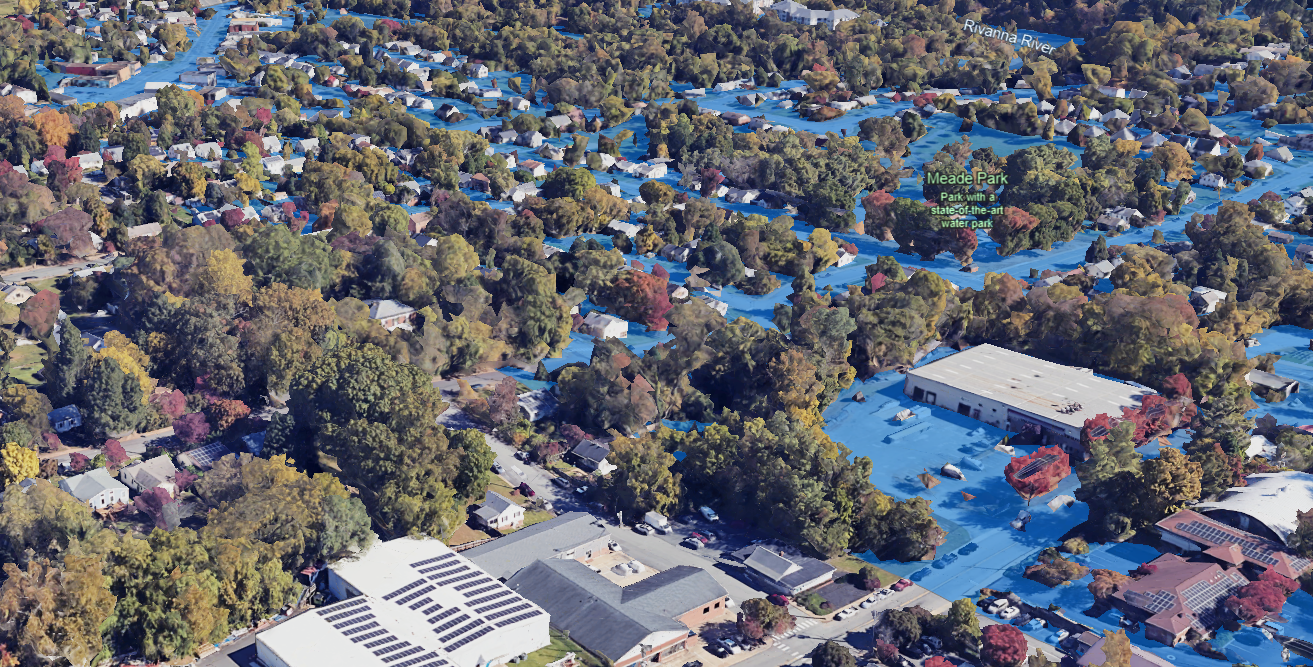
About Bev Wilson
I am an Associate Professor in the Department of Urban and Environmental Planning at the University of Virginia. My research and teaching are situated at the confluence of technology and planning, with a particular emphasis on environmental and land use applications.Areas of Expertise
Land Use Planning and Governance, Technology, Society and Analytical Methods, Environmental Planning and Resource ManagementSelected Publications
Wilson, B., Kashem, S. B., & Slonim, L. (2024). Modeling the relationship between urban tree canopy, landscape heterogeneity, and land surface temperature: A machine learning approach. Environment and Planning B: Urban Analytics and City Science, 23998083241226848.Wilson, B. (2020). Urban heat management and the legacy of redlining. Journal of the American Planning Association, 86(4), 443-457.
Wilson, B., & Cong, C. (2020). Beyond the supply side: use and impact of municipal open data in the US Telematics Inform. 58, 101526 (2021).
Wilson, B., & Chakraborty, A. (2019). Planning smart(er) cities: The promise of civic technology. Journal of Urban Technology, 26(4), 29-51.
Recent Courses Taught
Digital Technology for Planning and Design–GIS: Provides instruction in the application of many of the more sophisticated functions of geographic information systems and introduces key geospatial data analysis concepts. PLAN 6120 emphasizes the theory and tools of geospatial data analysis and provides hands-on exposure to software and real-world data. , Civic Technology Principles and Practice: Information and communication technologies are fundamentally changing the way we plan, understand, and experience cities. Introduces civic tech as a bridge between ICTs, the work planners do, and community priorities. Aims to bring a critical lens to planning and placemaking efforts in the digital age. , Urban Analytics: Urban analytics draws upon statistics, visualization, and computation to better understand and shape cities. Introduces the principles and techniques of urban analytics with an emphasis on geospatial data and machine learning techniques using examples and applications drawn from cities in the U.S. and around the world. , Climate Adaptation Planning: Adaptation means action taken at the individual, local, regional, and national levels to reduce risks posed by a changing climate. Explores sea level rise, heat waves, drought, and inland flooding as well as implications for livelihoods, natural ecosystems, and urban infrastructure. Builds fundamental skills for resilience planners.Office Phone
(434) 243-4097Location
Charlottesville, Virginia
Last Updated:

